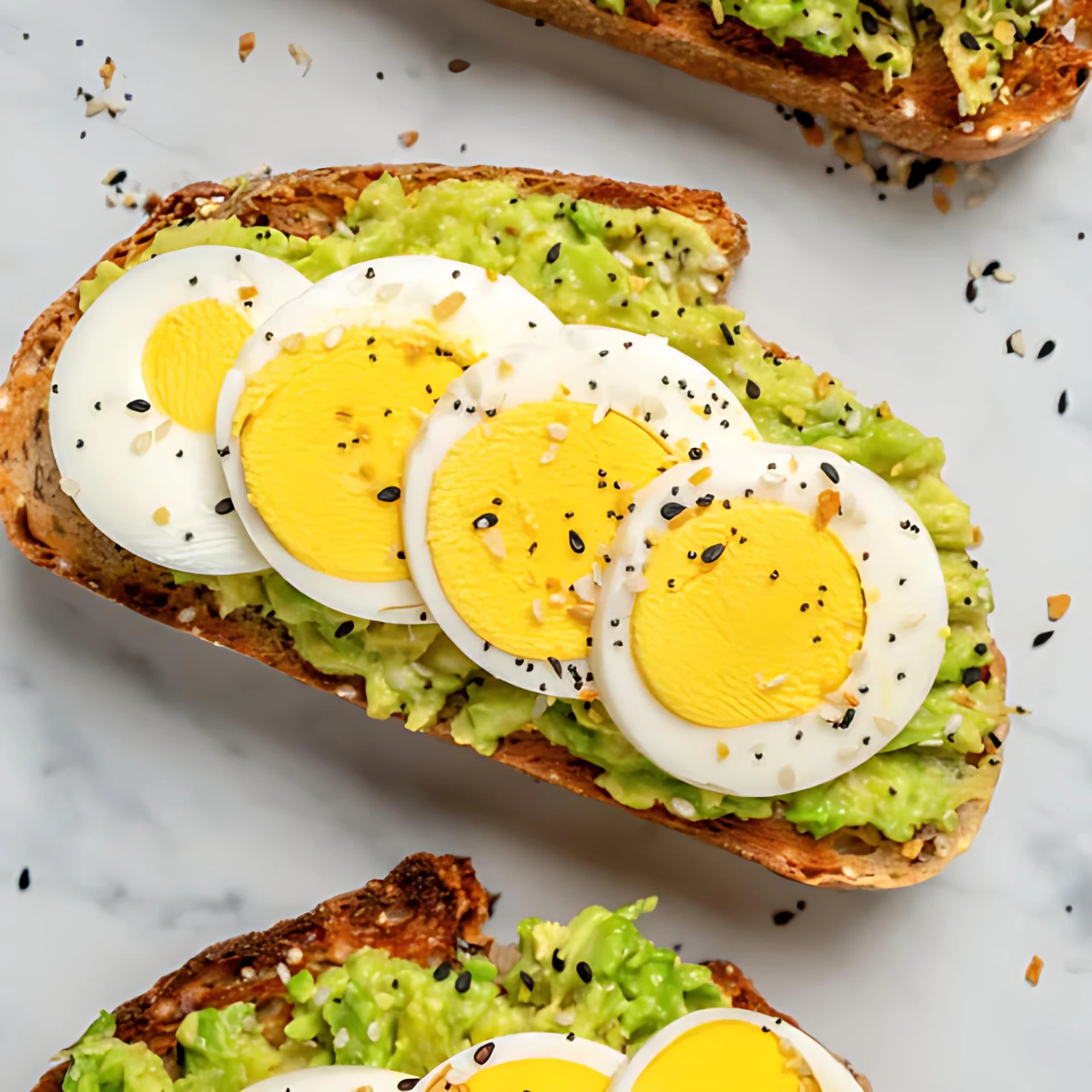New York: Hard-boiled eggs are a nutritious, low-calorie snack that supports a healthy diet. Packed with protein, essential vitamins, and good fats, they’re easier to digest and safer than other egg preparations. Boiled in the shell until both yolk and white are firm, hard-boiled eggs provide a convenient, nutrient-dense option for meals and snacks.
A 2023 review shows hard-boiled eggs are rich in vitamin D, B12, A, biotin, riboflavin, folate, iodine, and selenium. They’re also one of the best low-cost sources of high-quality, complete protein, making them ideal for vegetarians who include animal products in their diets.
Each large hard-boiled egg contains about 77.5 calories, 6.3 grams of protein, and 5.3 grams of fat, with minimal carbohydrate. They’re also rich in choline and carotenoids like lutein and zeaxanthin, essential for brain function and eye health. Research suggests these compounds may reduce the risk of cataracts and age-related macular degeneration.
Despite concerns about cholesterol, recent studies show that egg consumption—especially hard-boiled eggs—does not significantly raise blood cholesterol or heart disease risk. However, they may increase HDL, or “good” cholesterol.
Hard-boiled eggs are safer than soft-boiled eggs due to the fully cooked yolk. This eliminates most of the risk of Salmonella, which thrives in undercooked eggs. Cooking eggs to at least 160°F ensures they’re safe to eat.
Frying eggs adds extra calories and fat due to cooking oils or butter. A large fried egg contains around 90 calories and 6.8 grams of fat, slightly more than a boiled egg.
Hard-boiled eggs are versatile: You can eat them on their own, slice them into salads, stir them into curries, or add them to sandwiches. You can also pickle or mash them for toppings. For safe storage, refrigerate cooked eggs under 40°F and consume them within one week.
Hard-boiled eggs make an excellent dietary addition, supporting everything from muscle repair to cognitive function. They’re handy for older adults, pregnant women, and people needing more vitamins like choline and folate.








